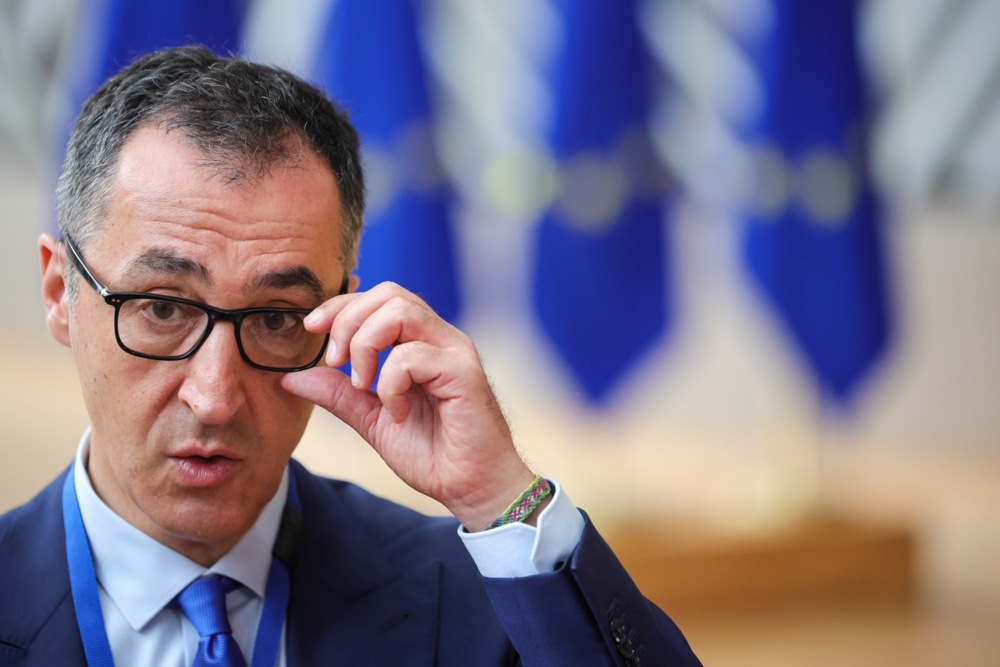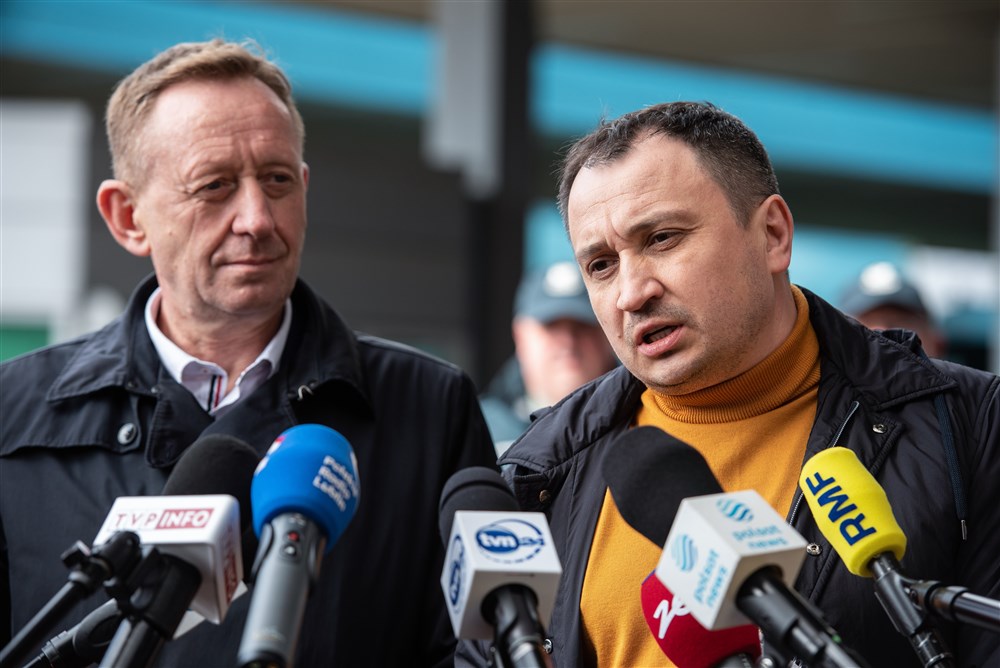Poland is demanding €1 billion to pay for the infrastructure it says it requires to facilitate the export of Ukrainian grain and other produce through the Polish-Ukrainian border.
The issue of ensuring the grain is moved between Ukraine and elsewhere has gained renewed importance in Brussels as a result of Russia’s withdrawal from a UN-brokered agreement on the shipment of grain through the Black Sea ports and Russian attacks on Ukrainian grain depots in July.
Some of the exports are reaching global markets via transit across the Polish-Ukrainian border. Poland insists infrastructural investments are required to increase export volumes, given that the future of transporting it via Ukraine’s Black sea ports has become uncertain.
European Commission President Ursula von der Leyen signalled several months ago that European Union funds to assist such developments would be made available. No further details have been forthcoming and Warsaw has now presented EU officials with cost estimates for the “necessary” investments.
Documents seen by the Polish Press Agency (PAP) show that around €500 million is required to expand existing border crossings for produce-transport trucks as well as for rail infrastructure in the south-eastern city of Przemyśl.
Another €500 million would be earmarked for modernising rail crossings between Poland and Ukraine, building facilities for trucks and constructing customs checkpoints, it said.
Poland’s Ambassador to the EU Andrzej Sadoś told PAP that Poland has been wanting “to increase the transit of Ukrainian grain to third countries, especially to Africa, for a year and a half”.
For that to happen, he said, “investments are needed and we have repeatedly made representations to the EC to enhance our infrastructure capacity”.
Sadoś told EU ambassadors in July that to ensure global food security, the export of Ukrainian agricultural produce must be facilitated to third countries and that Poland is already fulfilling its commitments. He stated that in May and June, record quantities of wheat and corn had transited through Poland.
Poland is anxious to ensure that Ukrainian grain only passes through Poland and into other markets rather than staying in its own silos. That concern comes as Polish farmers have been protesting against Ukrainian grain flooding the Polish market, which forced the government’s hand in announcing an embargo on such grain in April.
Other EU states that have borders with Ukraine joined the embargo and the EC legalised the ban on the proviso that those countries would facilitate the transit of grain to other markets.
The embargo is due to expire on September 15 but the five EU Member States that neighbour Ukraine are lobbying Brussels to have it extended until the end of the year.
Ukraine and Poland clashed over the grain issue at the end of July. The Ukrainians want the embargo on their grain being sold in Poland lifted and the Poles have said that, regardless of the EU’s decision, they will not end their embargo.
This led to bad-tempered exchanges between the two countries with ambassadors being summoned by their counterpart foreign ministries over the issue. Poland has said it must protect its domestic market interests and that it expects Ukraine to understand that.





